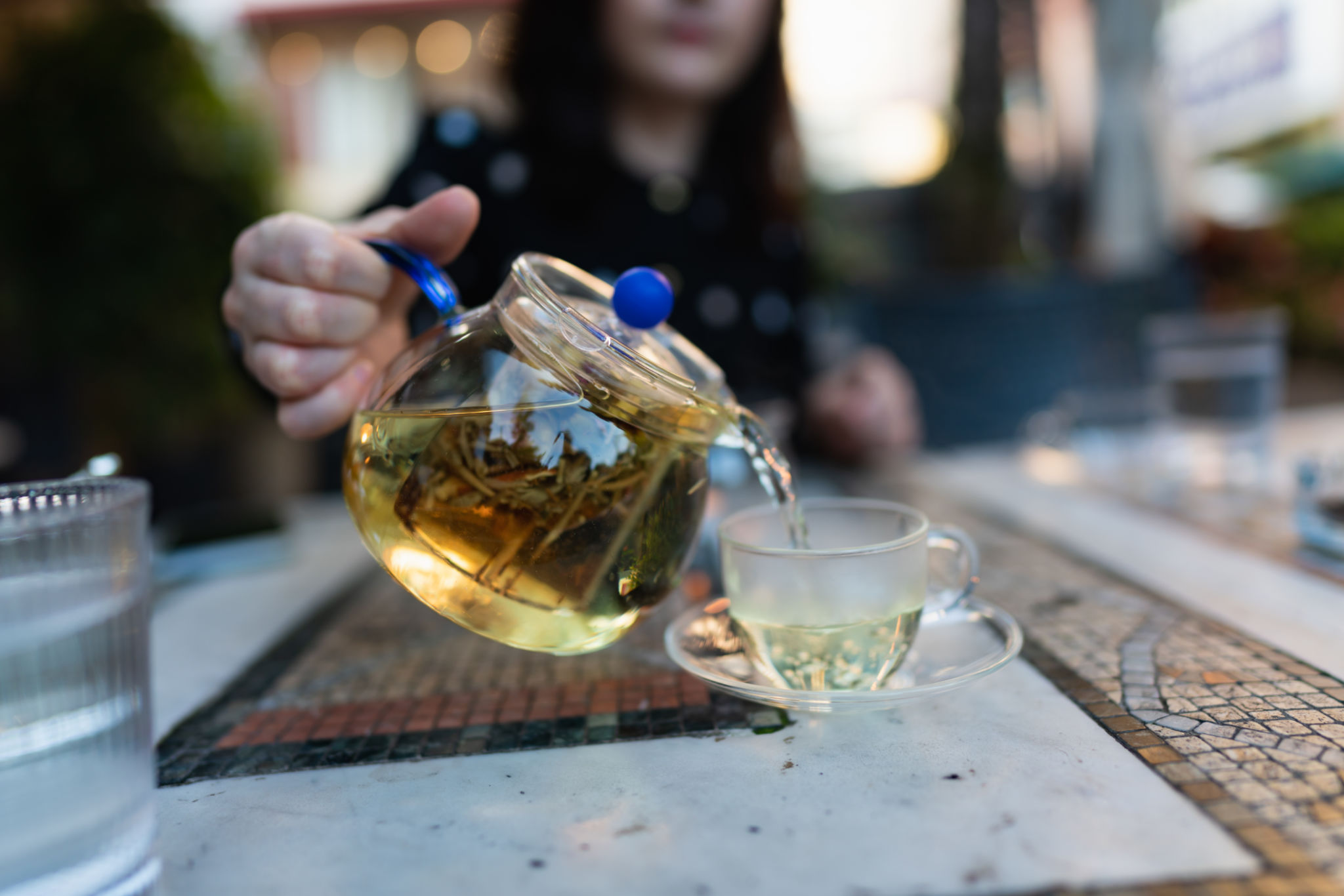Tea Brewing Techniques: How to Get the Best Flavor from Your Tea
Understanding the Basics of Tea Brewing
Brewing the perfect cup of tea is an art that requires a blend of precision and patience. The journey to achieving the best flavor starts with understanding the basics of tea brewing. Different types of tea require different brewing techniques, and knowing these can make a significant difference in your tea experience.
The three main factors that influence the flavor of your tea are the water temperature, steeping time, and the quality of the tea leaves. Paying attention to these elements can enhance the aroma and taste of your tea, bringing out its unique characteristics.

Choosing the Right Tea Leaves
When it comes to brewing tea, the quality of tea leaves plays a crucial role. Opt for whole leaf teas rather than tea bags whenever possible, as they offer a richer and more nuanced flavor. Whole leaf teas allow the leaves to unfurl completely, releasing more essential oils and flavors.
Each type of tea, whether it's black, green, oolong, or herbal, has its own unique flavor profile. Selecting high-quality leaves from a reputable source will provide a better brewing experience and a more satisfying cup of tea.
Optimal Water Temperature and Steeping Time
The water temperature is a critical factor in extracting the best flavor from your tea. Different types of tea require different temperatures:
- Green Tea: 70-80°C (158-176°F)
- Black Tea: 90-100°C (194-212°F)
- Oolong Tea: 80-90°C (176-194°F)
- White Tea: 70-80°C (158-176°F)
Steeping time is equally important. Over-steeping can lead to a bitter taste, while under-steeping might result in a weak flavor. Generally, steeping for 3-5 minutes is recommended for most teas, but it's always best to follow the specific instructions for the tea you are preparing.
The Importance of Water Quality
Water quality is often overlooked, yet it is essential for brewing the best cup of tea. Use fresh, filtered water to avoid any impurities that might affect the flavor. Avoid using distilled water as it lacks the minerals needed to enhance the flavor of your tea.

Enhancing Your Tea Experience
To get the most out of your tea brewing experience, consider experimenting with different techniques. Try using a teapot with a built-in infuser or a gaiwan, which allows for multiple infusions and a more traditional approach to brewing.
Another way to enhance your tea experience is by pairing your tea with complementary snacks or enjoying it during a moment of relaxation. The right atmosphere can elevate your tea drinking ritual, allowing you to savor every sip.
Common Mistakes to Avoid
Even seasoned tea drinkers can make mistakes that impact their brew. Here are some common pitfalls to avoid:
- Using boiling water for delicate teas: This can scorch the leaves and result in a bitter taste.
- Over-steeping: Follow recommended steeping times to prevent bitterness.
- Ignoring water quality: Use fresh, filtered water for the best results.

Experimenting with Flavors
Don't be afraid to experiment with flavors and brewing techniques. Adding herbs, spices, or even fruits can create delightful variations and complement the natural flavors of your tea. Popular additions include mint leaves, ginger slices, or lemon zest.
Every cup of tea has the potential for exploration and discovery. By trying new combinations and methods, you can find unique flavors that suit your personal taste preferences.
Conclusion: Perfecting Your Cup of Tea
Brewing the perfect cup of tea is about attention to detail and a willingness to experiment. By understanding the basics of water temperature, steeping time, and leaf quality, you can extract the best flavor from your tea. Remember, every cup is an opportunity to refine your technique and enjoy a moment of tranquility.
So go ahead, take your time, and enjoy the process of creating your ideal cup of tea. Whether you prefer a robust black tea or a delicate green tea, mastering these techniques will enhance your appreciation for this timeless beverage.
